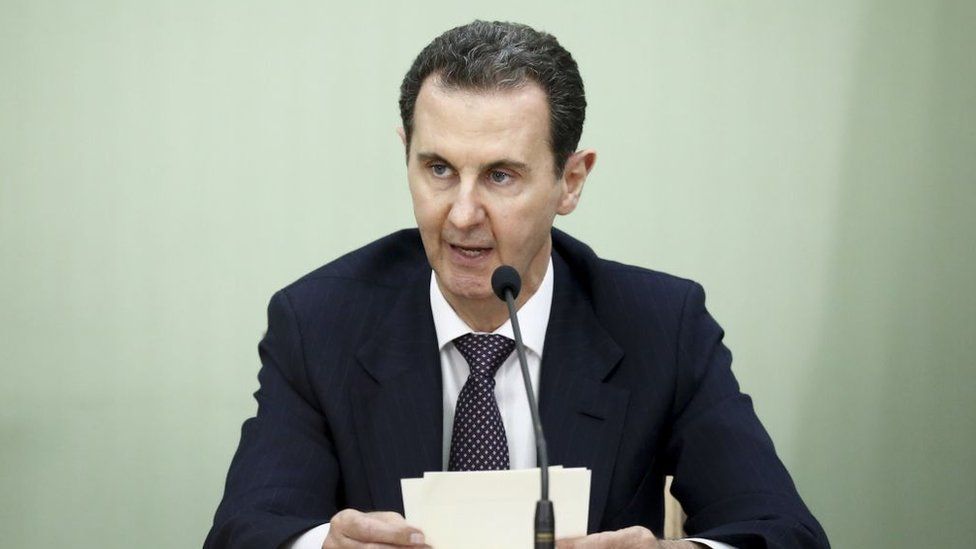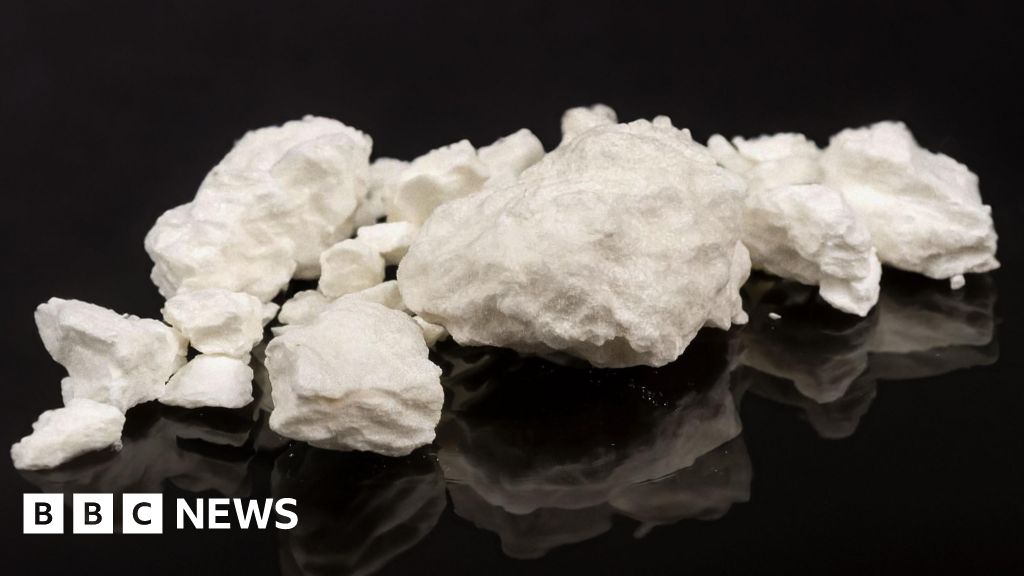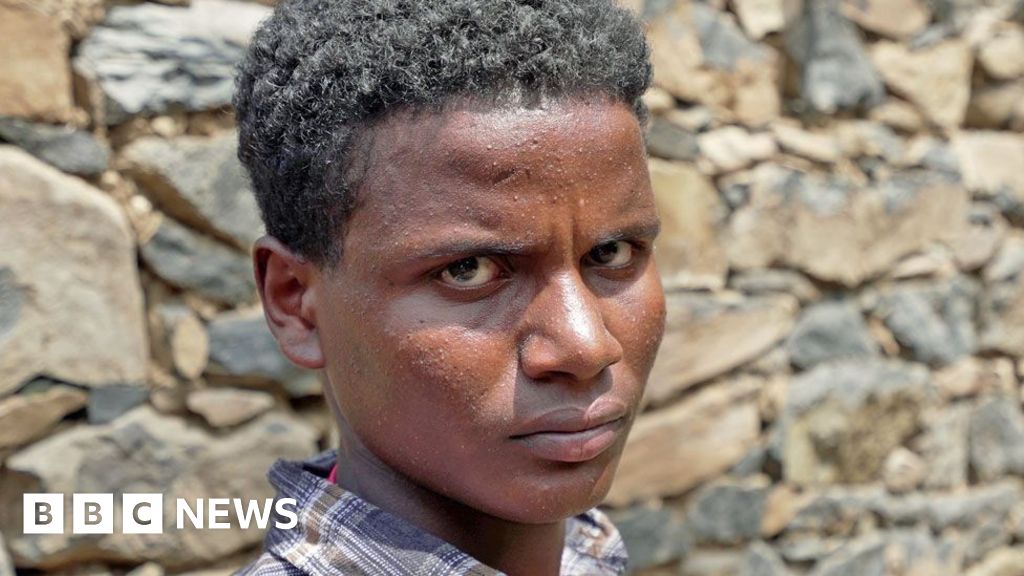ARTICLE AD BOX
 Image source, Getty Images
Image source, Getty Images
Syrian President Bashar al-Assad seen in Syria in May 2023
By Antoinette Radford
BBC News
The Syrian government has cancelled the BBC's media accreditation over what it said were "misleading reports".
Syria's information ministry said the broadcaster failed to adhere to "professional standards" and provided "biased and misleading reports".
The BBC recently published a story linking the trade of an amphetamine called Captagon with the Syrian President Bashar al-Assad's family.
In a statement, BBC said it provided impartial and independent journalism.
"We speak to people across the political spectrum to establish the facts," the spokesperson said.
Captagon is a highly addictive amphetamine-like drug. The Syrian government has previously denied any involvement in the drug trade.
But the US, UK and European Union have previously blamed the Syrian government for the production and export of the drug and listed relatives of Mr Assad as key figures.
Cancellation of international media accreditation is rare in the war-torn country, although it is ranked 175 out of 180 on the press freedom index by Reporters' Without Borders.
The Syrian government added that the BBC was warned "more than once", but "continued to broadcast its misleading reports based on statement.... from terrorist entities and those hostile to Syria".
The BBC said it would "continue to provide impartial news and information to our audiences across the Arabic-speaking world".

 1 year ago
19
1 year ago
19








 English (US)
English (US)